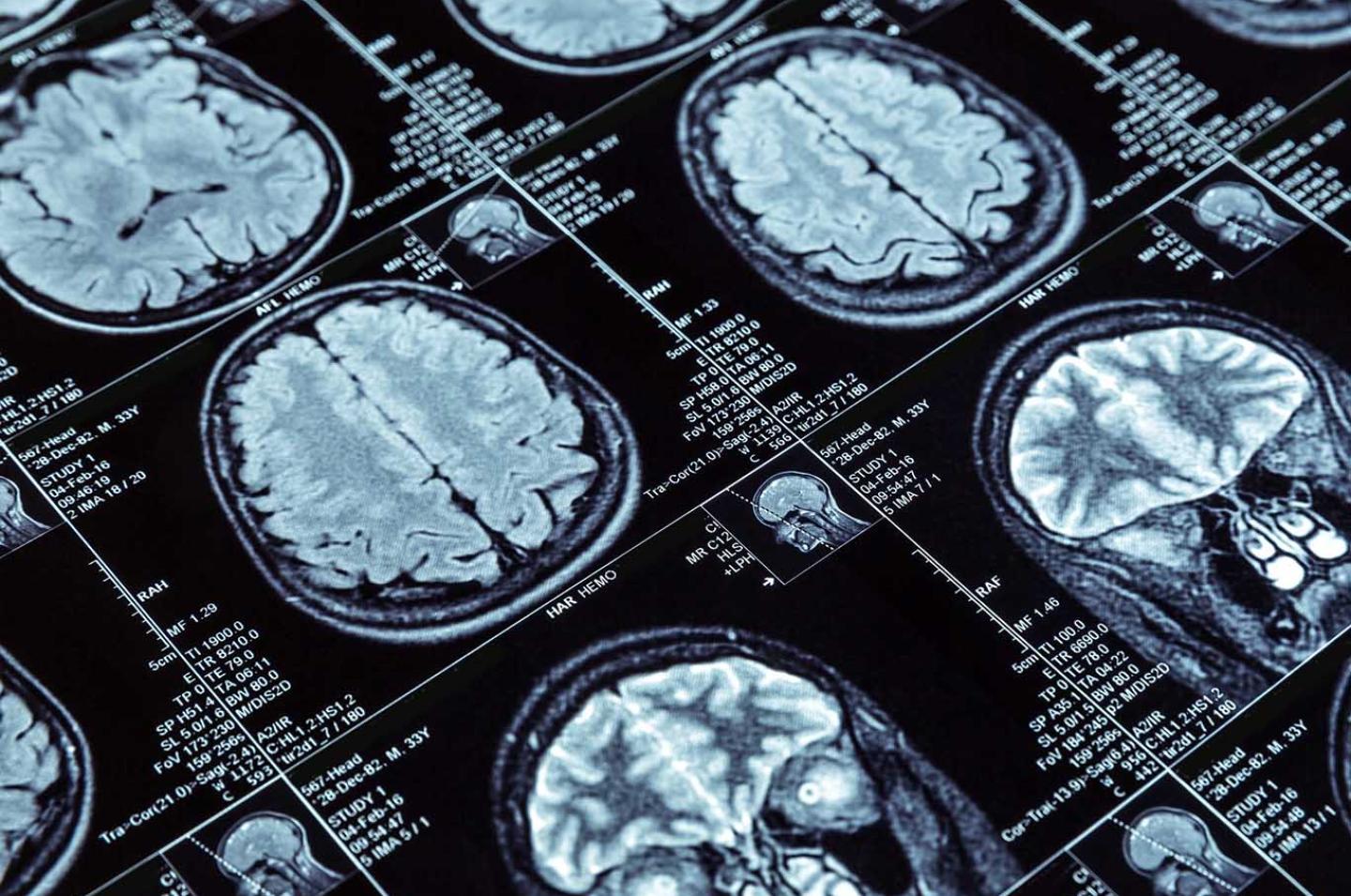



Map. Speedometer. Compass. For decades, neuroscientists have observed that the hippocampus, a region of the brain known for its role in memory formation, also functions as these three navigational tools for nonhuman animals as they move throughout their environments.
Now Kathryn Graves ’23 PhD has helped to bridge decades of animal research with what little is known about the navigating brain in humans.
“It’s critical for neuroscientists to understand how spatial navigation is instantiated in the human brain so that we can better understand and make predictions about how and when things will go wrong,” says Graves.
As a doctoral student in Yale’s Department of Psychology, she conducted research in the cognitive neuroscience lab of Professor Nicholas Turk-Browne ’09 PhD, whose work focuses on hippocampal function. A collaboration with physicians at the Yale Comprehensive Epilepsy Center offered Graves a rare opportunity to use cutting-edge technology to study hippocampal activity in humans.
For patients with medication-resistant epilepsy, one alternative treatment involves implanting an electrical device under the skull. When the device senses a brain wave pattern that indicates an imminent seizure, it quickly stimulates the brain to stop it.
“The device is monitoring the brain all of the time for that clinical purpose,” says Graves. “And it’s one of the only methods in the world that exists for wirelessly recording so much neural data from humans.”
Graves and her team gathered data from epilepsy patients with these devices as they navigated a room set up for the experiment. Their analysis of the data confirmed what researchers had previously only been able to speculate: the human hippocampus maps people’s position in their surroundings, gauges their speed, and encodes their direction.
Graves published the findings in her doctoral dissertation earlier this year. With the support of a grant from the NIH, she is now completing post-doctoral work at Columbia University, where she is focusing on another region of the brain, the thalamus.
“When I look back over my years at Yale, I am amazed at how much I’ve learned and how much better I’ve become at thinking about science. Without the support of my advisers and the Yale community, this research would not have been possible,” she says. “I hope to use what I’ve learned to build a lab of my own focused on advancing the development of new brain-computer interfaces and therapies to help aging patients and those with neurological disorders, like epilepsy and Alzheimer’s.”
